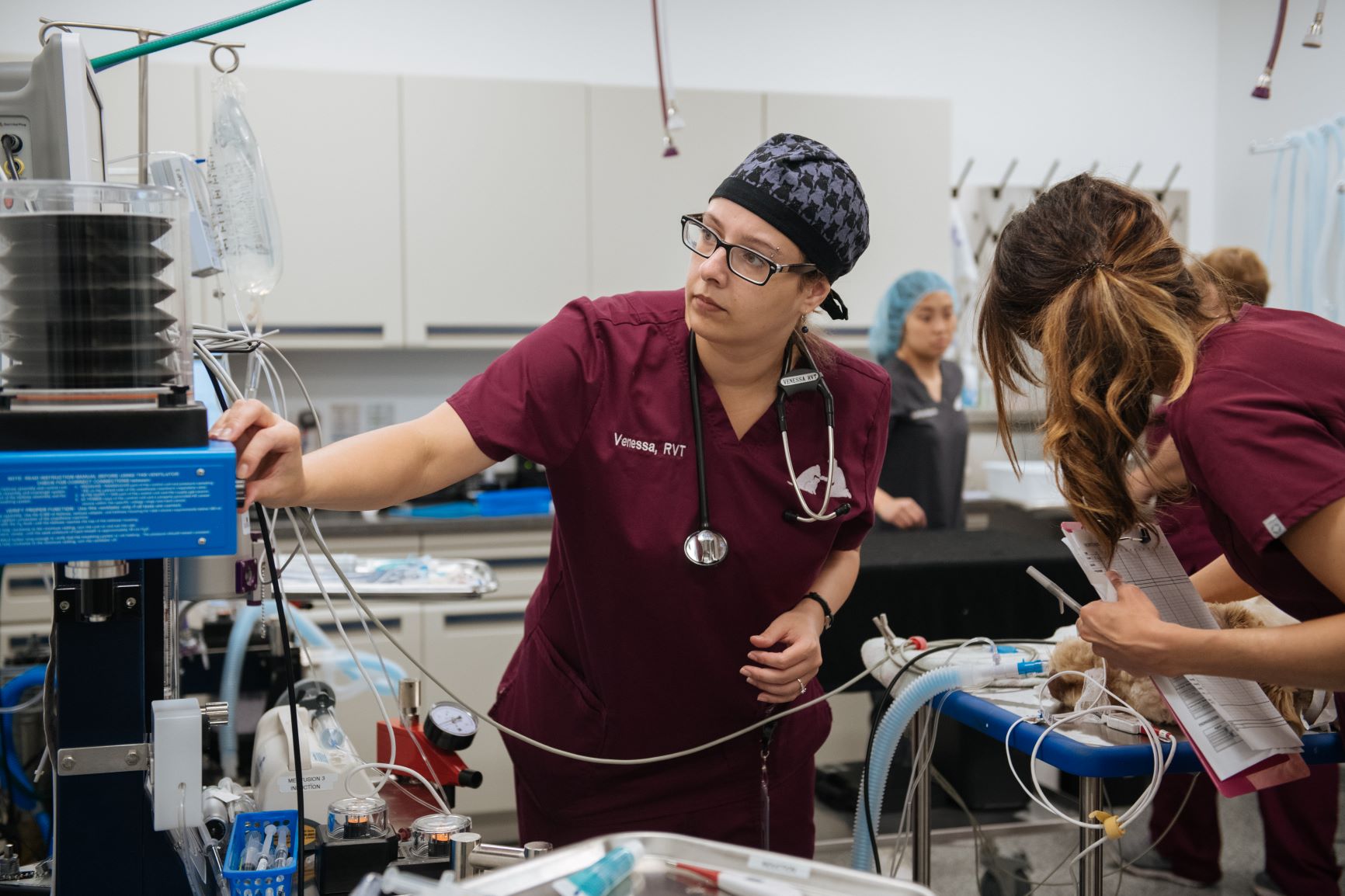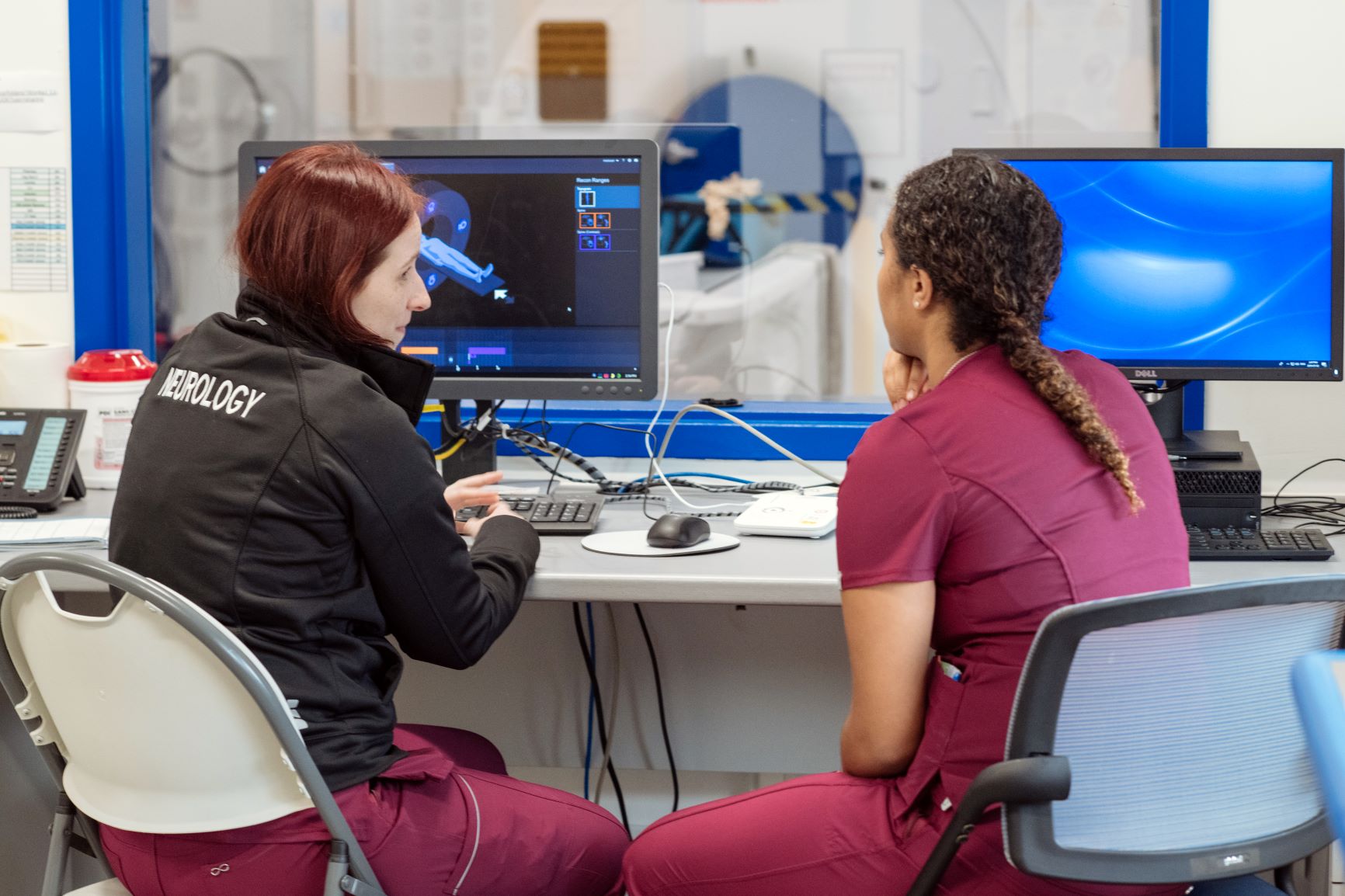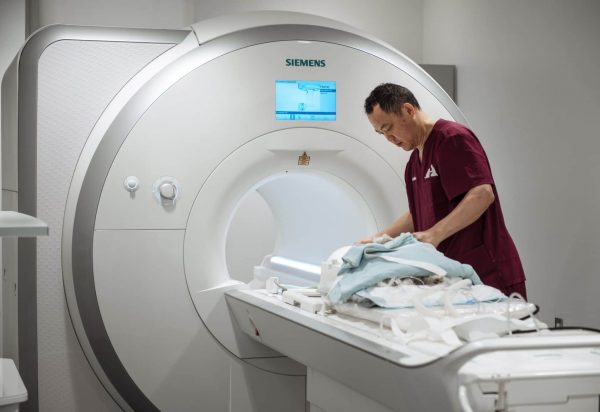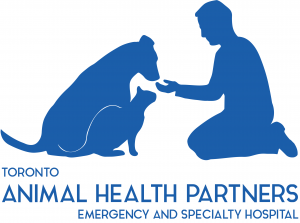Veterinary Specialists: What are they and why does my pet need to see a specialist?


Veterinary Medicine has undergone profound changes since I graduated from veterinary school in the late 1970s. Some of these changes include:
- Advances in preventive medicine which have resulted in better control of infectious diseases, effective parasite control and early detection of diseases through routine laboratory testing.
- A virtual explosion in technology, especially in imaging, that allows for early detection of disease and more effective treatment.
- The amount of new information that veterinarians now have available through journals, webinars and conferences. Keeping current and up to date is a daunting task for all veterinary healthcare professionals, but even more frightening is how quickly information changes.
Small animal veterinary practitioners are often expected to be “experts” in all aspects of veterinary medicine, which is no longer realistic. Veterinary specialists are now an essential part of the team that is responsible for your pet’s health care. As a result, your veterinarian may suggest a referral to a veterinary specialist for further diagnostics or treatment of a specific disorder, about which that specialist has a great deal of expertise.
What is a Veterinary Specialist?
A board-certified veterinary specialist is a veterinarian who has completed additional training in a specific area of veterinary medicine and has passed an examination that evaluates their knowledge and skills in that specialty area. Typically, a veterinary specialist has completed an internship and a 3 year or 4 year residency, but may also have completed a fellowship or have an advanced research degree. In addition, you have to publish a scientific research paper and pass a challenging multi-day examination.
There are currently, 16,500 veterinary specialists world-wide in 22 Veterinary Specialty Organizations. A partial list of veterinary specialities include anesthesia and analgesia, dentistry, dermatology, emergency and critical care, internal medicine, cardiology, neurology, oncology and surgery.

Why has my Pet been Referred to a Veterinary Specialist?

A referral to a board-certified veterinary specialist is warranted if your pet’s health problem requires specialized expertise that your animal’s primary care veterinarian does not have or requires a specialized procedure. A board-certified veterinary specialist’s expertise compliments that of your animal’s primary care veterinarian and we work closely with your referring veterinarian to ensure the best possible outcome for your pet. We will communicate with your veterinarian and ensure they are involved in the follow-up care where possible.
When to Consider Referral to a Specialist?
I am only too glad when my own healthcare professional suggests a referral to a specialist. To me this reflects my doctor’s confidence and a desire to provide the best possible health care. Hopefully, the same is true when your veterinarian suggests a referral to a board-certified veterinary specialist.
This is by no means a comprehensive list, but here are some common reasons for referring a patient to a veterinary specialist or a referral hospital:
Second Opinions
Sometimes a veterinarian simply does not know what is wrong with your dog. For example, a dog may be painful, but it is not clear if this pain is orthopaedic, neurological or abdominal in origin. The referral may be to a neurologist, but other specialists may be asked to opine on the cause of the pain before an exact diagnosis is made. In large referral hospitals, complicated cases are often discussed at rounds where many opinions are solicited and a diagnostic plan is formulated.
Establishing An Accurate Diagnosis
The cornerstone of effective treatment is establishing an accurate diagnosis. For example, if an older Labrador Retriever has lost weight (always cause for concern in a Labrador!) and routine blood tests reveal a moderate elevation of liver enzymes, a referral is in order. An internal medicine specialist will likely order an abdominal ultrasound and depending on the findings a liver biopsy may be warranted. This allows specific or targeted treatment to be instituted and allows us to better predict the outcome.
Your Pet Is Not Getting Better Despite Treatment
For example, if your dog is getting repeat urinary tract infections (UTIs), which do not completely resolve with appropriate antibiotic therapy, a referral is in order. Often there is an underlying problem which is predisposing your dog to recurrent UTIs. For example, your dog may have hyperadrenocorticism (Cushing’s disease) and until this is treated the infections will persist. Blood tests, advanced imaging and cystoscopy may be required.
Surgical Referrals
Your general practitioner will be competent to perform a wide range of surgeries. Orthopaedic, thoracic and many abdominal surgeries are best performed by a boarded surgeon.
Neurology Referrals
Board-certified veterinary neurologists investigate conditions affecting the brain, spinal cord, muscles, and nerves of animals. Animals may present with difficulty using their legs (paralysis and/or weakness), spinal pain, abnormal gaits, seizures, unusual episodic events, behavioural changes, head tilt and balance issues and tremors just to name a few. Common specialized tests utilized by a board-certified veterinary neurologist include Magnetic Resonance Imaging (MRI), Computed Tomography (CT/cat scan), spinal fluid analysis (spinal tap), electrodiagnostics and muscle/nerve biopsy.
Heart Murmurs and Arrhythmias
Heart murmurs are frequently detected in small animal practice, but treatment is not always required. An echocardiogram is required to determine the cause of the murmur and whether treatment is warranted. Even when treatment is not needed, we have established a baseline if problems arise in the future.
High Risk Anesthesia Patients
Most veterinarians can handle anesthesia safely for a wide variety of pets and procedures, but if your pet is at increased risk, having a veterinary anesthesiologist on your team can help minimize risk. A veterinary anesthetist has expertise in assessing and mitigating anesthetic risks, delivering anesthetic and analgesic drugs, and maintaining and monitoring physiologic well-being of the anesthetized patient. They are highly trained in pain management. Examples of high risk procedures include upper airway surgery, thoracic surgery, trauma patients.
Critical Care
Large referral hospitals generally have an intensive care unit. The most critical patients need to be closely monitored by a team of trained specialists including critical care registered veterinary technicians (RVTs) and veterinary critical care specialists. Some examples include patients with congestive heart failure, cardiac arrhythmias, respiratory disease, trauma patients and unstable post-operative patients.
Medical Imaging
Large veterinary referral hospitals have very sophisticated imaging equipment not available to general practitioners. This equipment includes echocardiography, abdominal ultrasound, CT scanners and MRI. This equipment incorporates the cutting edge technology and allows more accurate diagnosis and treatment planning.
Finally…
You are an advocate for your pet’s health care, in much the same way we would advocate for our children if they were not well. So don’t hesitate to have a candid conversation with your veterinarian about whether a referral to a veterinary specialist is appropriate for your pet.

About The Company
Animal Health Partners Toronto is a new veterinary emergency and specialty hospital modeled after best practices in human medicine. Lead by a team of highly qualified veterinary specialists, Animal Health Partners Toronto Emergency and Specialty Hospital is bringing the world’s best practices of private human healthcare to veterinarian care.

The technical proficiency and medical equipment at Animal Health Partners equals or exceeds that found in sophisticated human hospitals.
Animal Health Partners provides the highest-quality Veterinarian Services in Toronto. Our specialists combine their collective knowledge and skill in the treatment of complex or multifaceted cases. We serve as an extension of your family veterinarian and provide exceptional specialty care by treating our patients as if they were our own pets.
Our Core Values
Quality
At the root of all we do at Animal Health Partners is a commitment to the highest quality of veterinary care. This means that the diagnostic tests we run and the treatments we provide are informed by the best available scientific evidence and implemented by the most highly qualified veterinarians and staff.
Compassion
We understand that the experience of illness and injury can be painful and scary for pets and their owners. We strive to reduce discomfort as much as possible using gentle handling techniques, appropriate pain-management, stress-reducing design features, non-invasive interventions and a continuous emphasis on empathic patient-centered care.
Service
Intrinsic to our goal of providing the highest quality of medicine is providing efficient, courteous, attentive and responsive service to the owners and referring veterinarians that have entrusted us with the care of their pets and patients.
Innovation
Medicine is rapidly evolving. Our technologically advanced institution is equipped to employ and pioneer the most cutting-edge diagnostic and treatment modalities available in veterinary medicine with the goal of improving the quality of care for all patients.
Partnership
High-quality care and optimal patient outcomes rely not on any one individual but on the strength of the connections between many. Ensuring the best possible outcomes for our patients means creating solid partnerships with their owners and referring veterinarians. It also means establishing relationships more broadly with the community, the human medical field and with industry.
